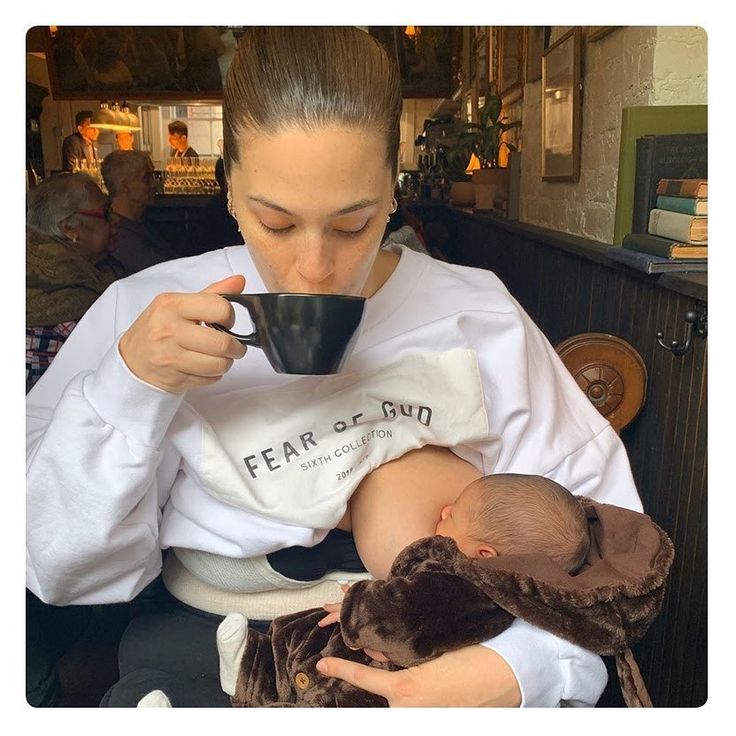
Caffeine and breastfeeding: can you drink coffee while breastfeeding?
When you become a mother, every gesture counts, especially when it comes to breastfeeding. And among the little habits that raise questions, coffee often comes up. Good news: no, you don't have to say goodbye to your morning espresso. But is it safe to drink coffee while breastfeeding? How much is reasonable? What are the possible effects? Here's the lowdown.
At 23 Mai Paris, we support moms on a daily basis with practical advice and nursing clothes designed for their comfort.
Can you drink coffee when you're breastfeeding?

Yes, it's perfectly possible to drink coffee while breast-feeding, as long as certain quantities are respected.
La Leche League (an international reference on breastfeeding) states that caffeine is compatible with breastfeeding as long as it is consumed in moderation. Recommendations vary from country to country, but the recommended limit is generally 300 mg of caffeine a day, or around 2 to 3 cups of filter coffee.
What happens to caffeine in breast milk?
After ingestion, caffeine passes into the bloodstream and then into breast milk. Peak concentration in milk occurs between 1 and 2 hours after consumption. However, less than 1% of the caffeine ingested by the mother passes into the milk.
However, as babies' metabolism is still immature, especially before 3 months, caffeine may take longer to be eliminated. That's why it's important to keep an eye on the quantity, especially at the very beginning of breast-feeding.
What are the possible effects of caffeine on babies?

Moderate coffee consumption has no proven harmful effects. On the other hand, over-consumption can cause some babies :
-
irritability,
-
sleep disorders,
-
unusual agitation.
Every baby is different: if you notice any signs of discomfort after your coffees, don't hesitate to adjust.
Which drinks contain caffeine?
We often think only of coffee, but caffeine is present in many everyday foods and beverages:
| Product | Caffeine content (approximate) |
|---|---|
| Filter coffee (250 ml) | 90 to 120 mg |
| Espresso (30 ml) | 60 to 80 mg |
| Black tea (250 ml) | 40 to 60 mg |
| Green tea (250 ml) | 30 to 40 mg |
| Coca-Cola (330 ml) | 30 to 40 mg |
| Dark chocolate (100 g) | 40 to 60 mg |
| Energy drinks | Up to 80 mg / can |
👉 Beware of accumulation: coffee + tea + chocolate + cola in the same day = a total that can climb quickly.
If you want to reduce your caffeine intake, check out our tips on herbal teas and plants to support breastfeeding.
5 tips for drinking coffee peacefully while breastfeeding
-
Limit yourself to 2-3 cups of coffee a day, depending on your tolerance.
-
Avoid drinking coffee just before a feed, to limit the caffeine peak in the milk.
-
Watch for signs of irritability or sleep disturbance in your baby.
-
Opt for decaffeinated if you want to increase your number of cups.
-
Be aware of the cumulative effect with other sources of caffeine (tea, soda, chocolate...).
To relax while feeding, sit comfortably with a nursing top soft and practical.

What the experts say
-
La Leche League points out that caffeine is not a reason to stop breastfeeding, as long as consumption remains moderate.
-
TheWHO does not contraindicate coffee during breastfeeding.
-
The European Food Safety Authority (EFSA ) recommends that breast-feeding women should not exceed 200-300 mg of caffeine per day.
In short: coffee and breastfeeding are compatible!
If coffee is one of your daily pleasures, there' s no need to feel guilty. Breastfeeding doesn't mean you can't enjoy a cappuccino or espresso in the morning. As is often the case, it' s all a question of dosage and listening to yourself... and your baby. ☕
FAQ - Caffeine and breastfeeding
Can I drink coffee if I'm breast-feeding?
Yes, in moderate quantities (2 to 3 cups a day), it's safe for baby.
How much caffeine passes into breast milk?
Less than 1% of ingested caffeine, with a peak 1 to 2 hours after consumption.
What signs can indicate that my baby is sensitive to caffeine?
Agitation, sleep disturbances, unusual crying after feeds.
Discover our nursing wear collection to enjoy breastfeeding comfortably and in style.
If you are breastfeeding, here are some of our nursing clothes that may interest you:
T-shirts d'allaitement
T-shirts d'allaitement imprimés
T-shirts d'allaitement personnalisés
T-shirts d’allaitement basiques
Hauts d’allaitement personnalisables
Pulls d'allaitement
Sweat-shirts d'allaitement
Pulls d'allaitement maille
Débardeurs d'allaitement
Robes d'allaitement
Pyjamas d'allaitement
vêtements d'allaitement
Vêtements de maternité et d'allaitement
Vêtements d'allaitement à ouverture sur le côté
Vêtements d'allaitement grande taille
Vêtements d'allaitement d'été
Vêtements d'allaitement chauds
Vêtements d'allaitement brodés
Vêtements d'allaitement d'hiver
Vêtements d'allaitement confortables
Vêtements d'allaitement en coton
Vêtements de grossesse et d'allaitement
Vêtements d'allaitement originaux
Vêtements d'allaitement pas chers
Vêtements d'allaitement personnalisés
Vêtements d'allaitement en soldes
Vêtements d'allaitement à manches courtes
Vêtements d'allaitement à petit prix
Vêtements d'allaitement à zip
Vêtements d'allaitement abordables
Vêtements d'allaitement amples
Vêtements d'allaitement beiges
Vêtements d'allaitement blanc
Vêtements d'allaitement bleu
Vêtements d'allaitement discrets
Vêtements d'allaitement doux
Vêtements d'allaitement en promotion
Vêtements d'allaitement gris
Vêtements d'allaitement Imprimés
Vêtements d'allaitement jaunes
Vêtements d'allaitement leopard
Vêtements d'allaitement noir
Vêtements d'allaitement rose
Vêtements d’allaitement sobres
Vêtements d'allaitement tendances
Vêtements d'allaitement unis
Vêtements de sport pour l'allaitement
T-shirt allaitement imprimé
T-shirt allaitement personnalisé
T-shirt allaitement coloris uni
T-shirt allaitement manches longues
T-shirt allaitement blanc
T-shirt allaitement bleu
T-shirt allaitement noir
T-shirt allaitement gris
T-shirt allaitement camel
T-shirt allaitement léopard
T-shirt allaitement brodés
T-shirt allaitement coton
T-shirt allaitement zip
T-shirt allaitement été
T-shirt allaitement hiver
T-shirt grossesse allaitement
T-shirt allaitement milk
T-shirt allaitement coeur
T-shirt allaitement pas cher
T-shirt allaitement ouverture coté
T-shirt allaitement discret
T-shirt allaitement confortable
T-shirt allaitement originaux
T-shirt d'Allaitement avec col en V
T-shirts d'allaitement jaune
T-shirts d'allaitement marron
T-shirts d'allaitement multicolore
T-shirts d'allaitement rose
T-shirts d'allaitement rouge
T-shirts d'allaitement unis
Pyjamas d'allaitement
Pyjamas d'allaitement 2 pièces
Pyjamas d'allaitement en promotion
Pyjamas d'allaitement en soldes
Pyjamas d'allaitement leopard
Pyjamas de maternité
Chemises de nuit d'allaitement
Sweat-shirts d'allaitement
Sweat-shirts d'allaitement à ouverture sur le côté
Sweat-shirts d'allaitement en promotion
Sweat-shirts d'allaitement pas chers
Sweat-shirts d'allaitement verts
Sweat-shirts d'allaitement roses
Sweat-shirts de grossesse
Sweat Shirts d'allaitement blancs
Pulls allaitement zip
Pulls allaitement maille
Pulls allaitement laine
Pulls allaitement grossesse
Pulls allaitement chaud
Pulls allaitement pas cher
Pulls allaitement hiver
Pulls d'allaitement ouverture coté
Pulls d'allaitement discret
Robes d’allaitement en maille
Robes d’allaitement chaudes
Robes d’allaitement d’hiver
Robes d’allaitement beiges
Robes d’allaitement longues
Robes d’allaitement courtes
Robes d'allaitement festives
Robes d'allaitement d'été
Robes d'allaitement de vacances
Robes d'allaitement en promotion
Robes d'allaitement noires
Robes d'allaitement pas cher
Robes d'allaitement pour mariage
Robes de grossesse
Robes pull allaitement
If you are only a pregnant mom, here are our maternity clothes:
Black maternity jeans
Gray maternity jeans
Colored maternity jeans
Blue maternity jeans
Cheap maternity jeans
Comfortable maternity jeans
Maternity jeans
Colored maternity jeans
Black maternity jeans
Gray maternity jeans
Blue maternity jeans
Cheap maternity jeans
Comfortable maternity jeans
Maternity pants
Black maternity pants
Gray maternity pants
Colored maternity pants
Blue maternity pants
Jeans for pregnant women
Gray maternity jeans
Blue maternity jeans
Black jeans for pregnant women
Cheap jeans for pregnant women
Comfortable maternity jeans




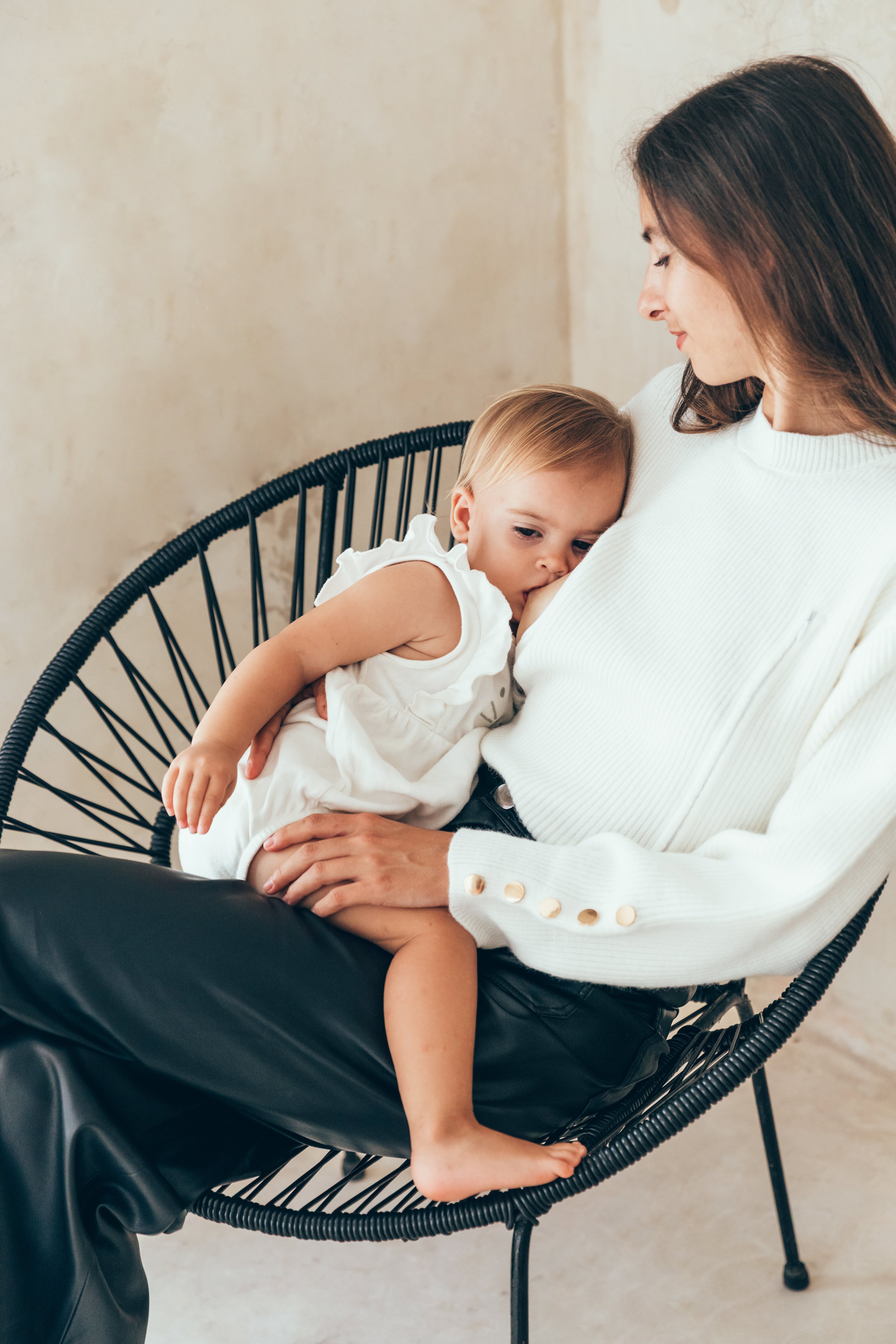

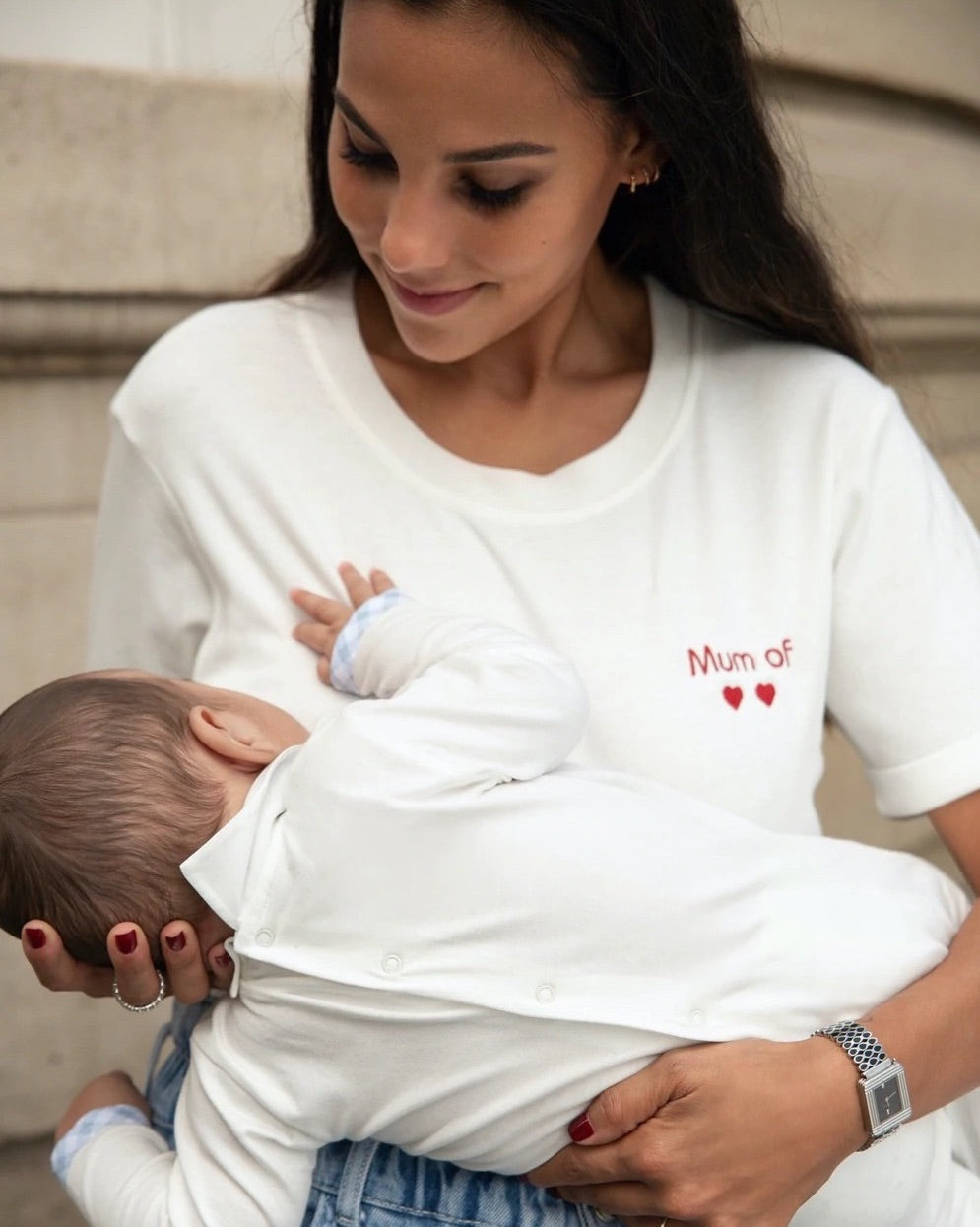
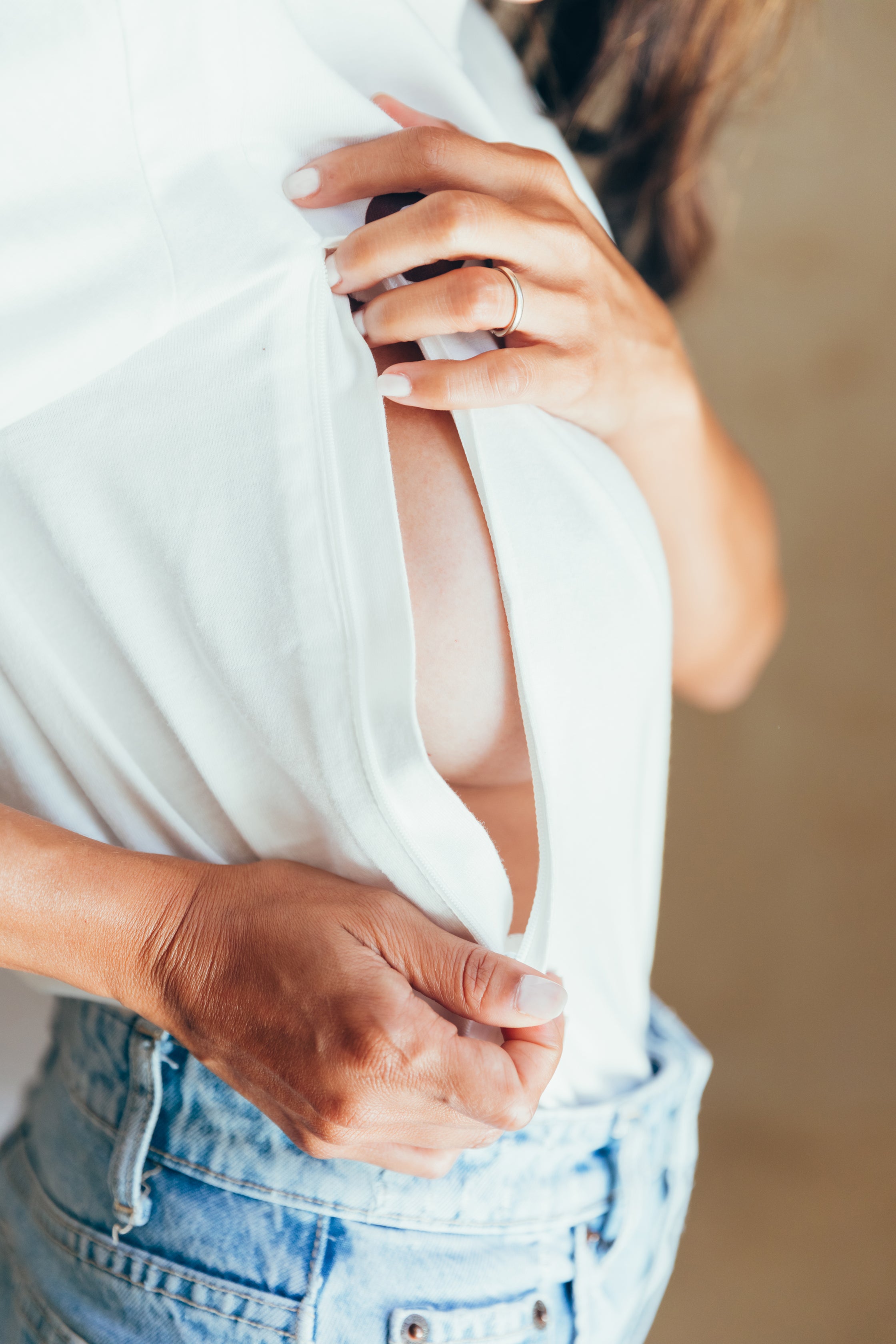
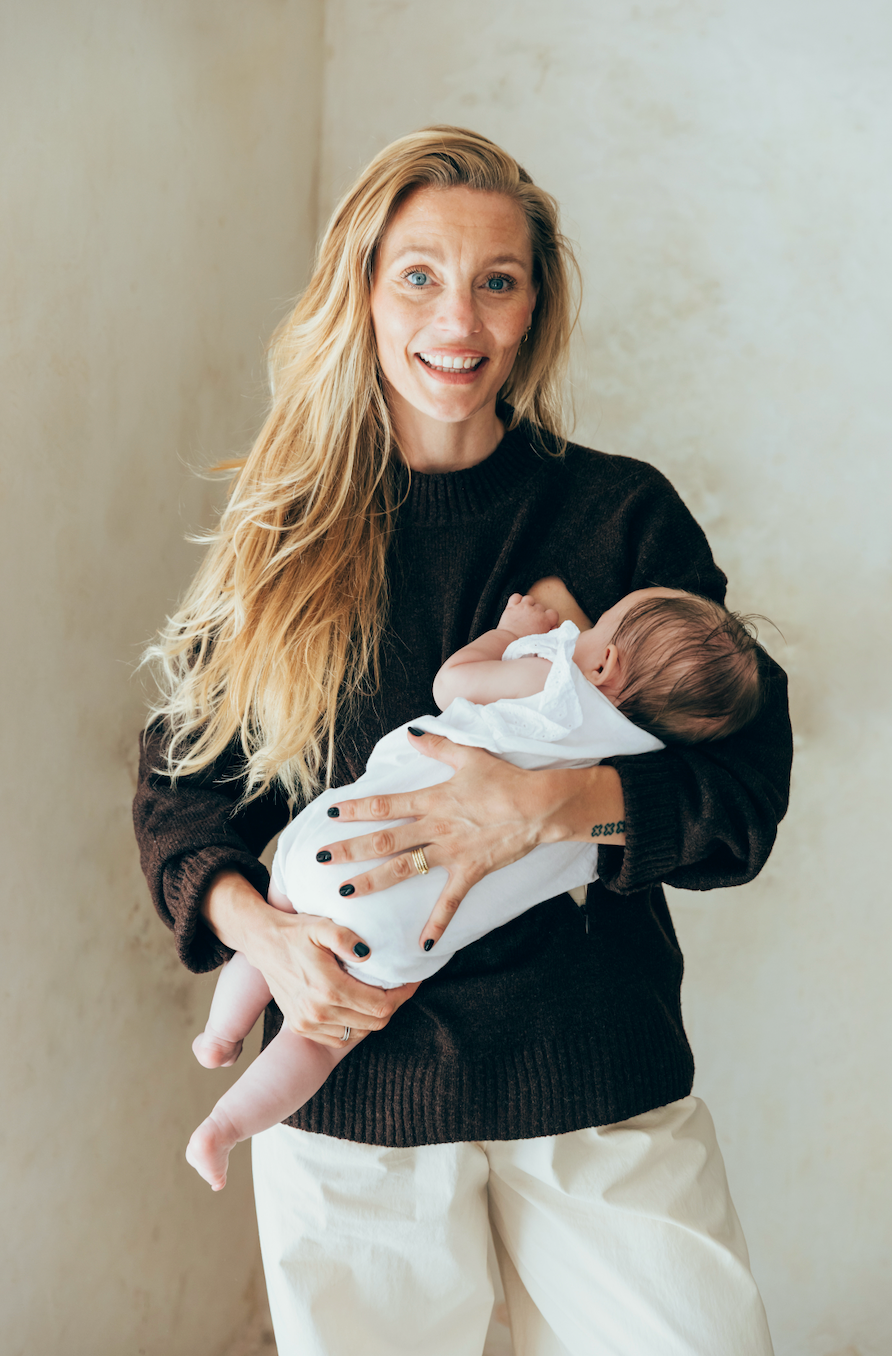

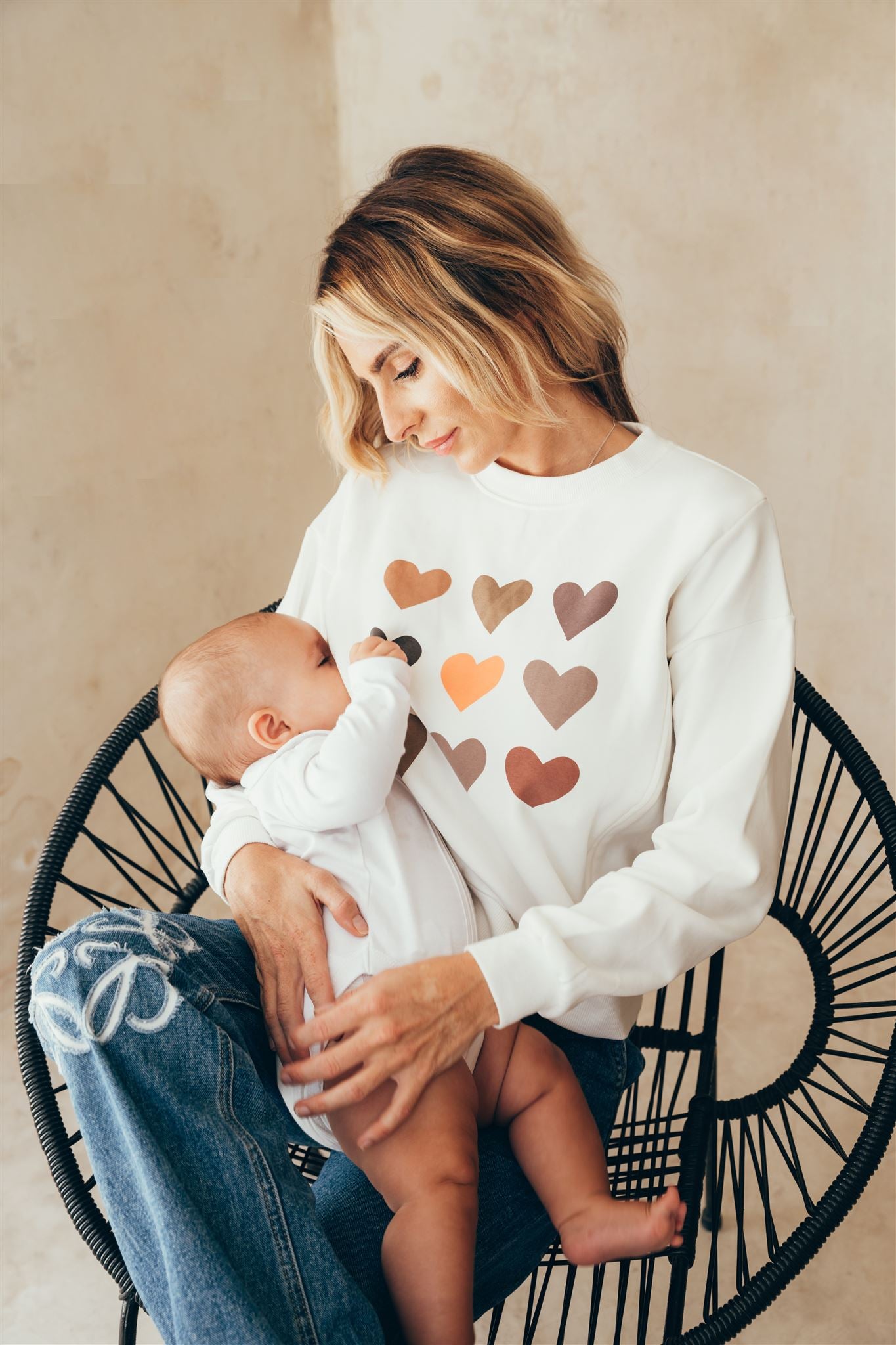
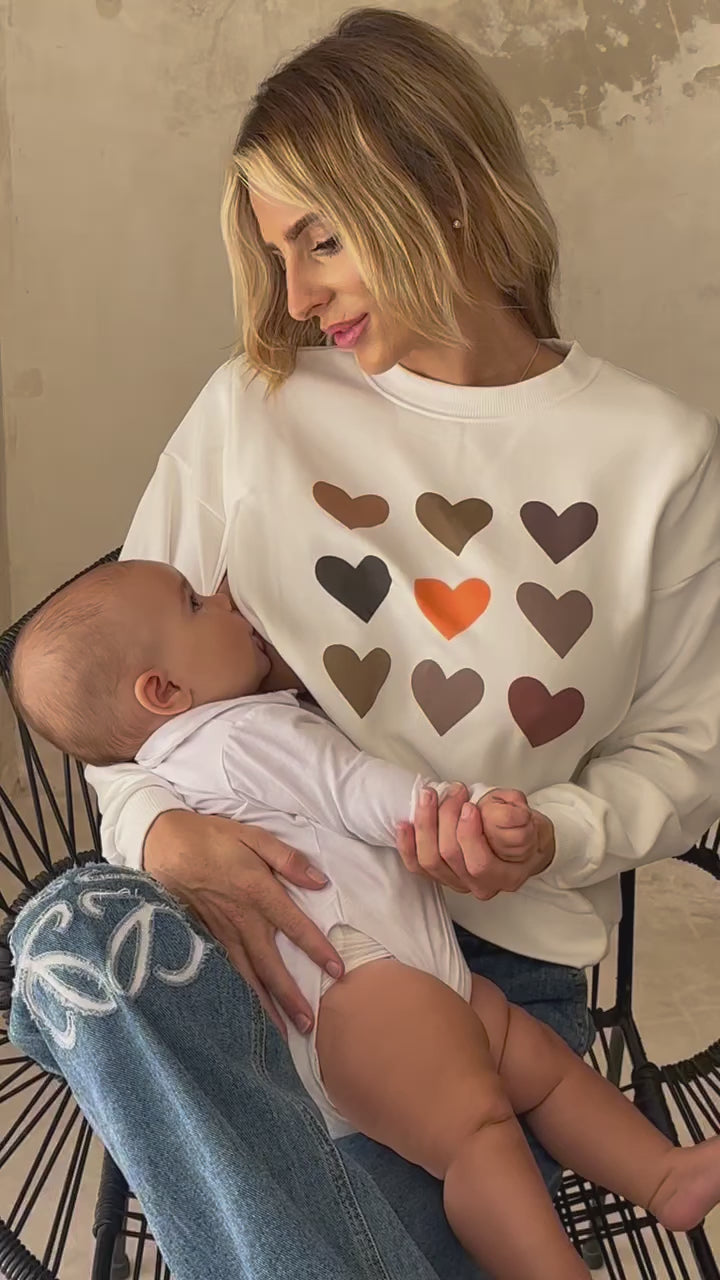
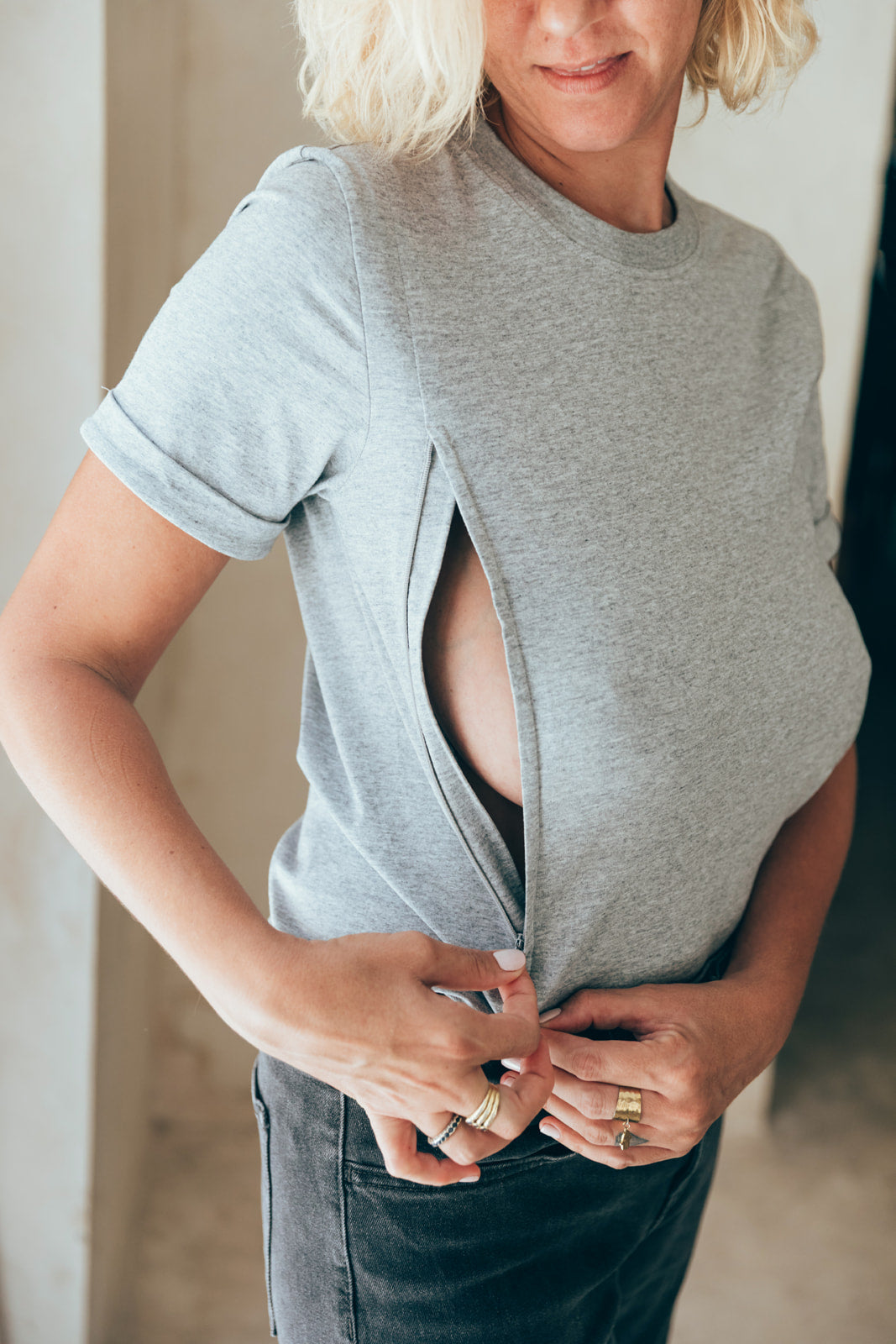
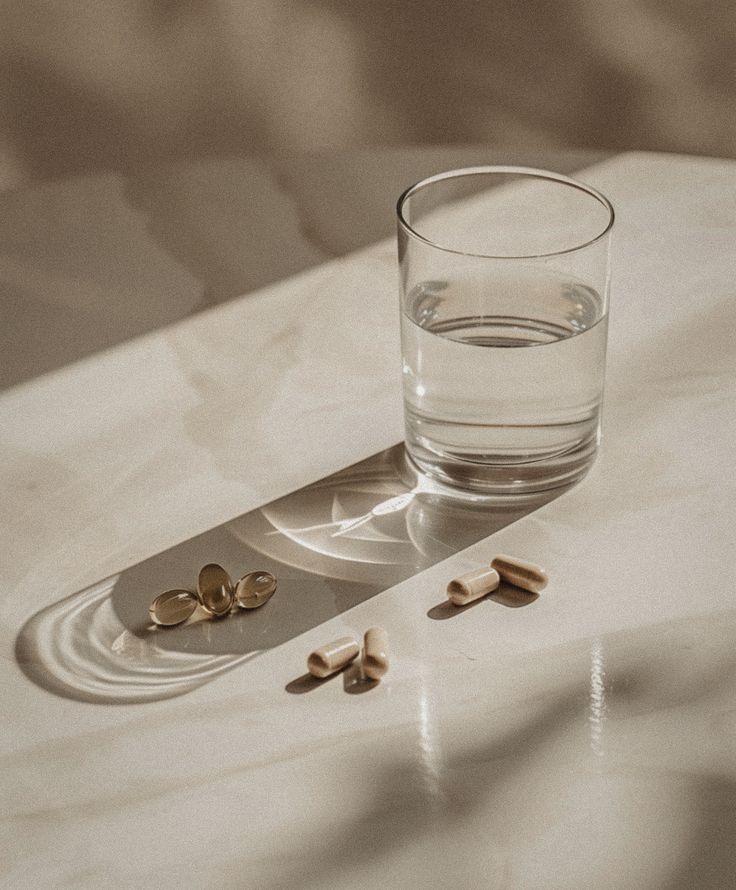
Leave a comment
This site is protected by hCaptcha, and hCaptcha's Privacy Policy and Terms of Service apply.